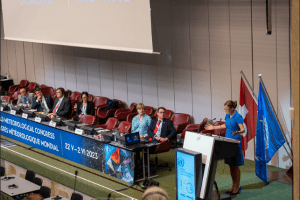
Arnold Ageta
The World Meteorological Congress has approved new top strategic priorities to guide it through the next four years at a time of rapid climate, societal and technological change. It also appointed its first female Secretary-General, Prof. Celeste Saulo.
WMO’s top over-arching goal will be achievement of the ground-breaking international campaign to ensure that everyone on Earth is protected against hazardous weather by life-saving early warning systems by the end of 2027.
Congress approved a new Global Greenhouse Gas Watch to strengthen monitoring of heat-trapping gases to inform implementation of the Paris Agreement on climate change.
It backed a rafter of proposals to strengthen observations and data exchange and to increase support for climate adaptation and resilience. The cryosphere and hydrology will be given greater prominence in future, given the increasing impacts of diminishing sea ice, melting glaciers, ice sheets, permafrost and snow on sea level rise, water-related hazards and water security, economies and ecosystems.
Congress updated WMO’s science and innovation policy to adapt to new research priorities and embrace the technological might of super-computing and Artificial Intelligence.
It stressed the urgency of closing the growing capacity gap, which threatens observations and services. It ramped up WMO’s Gender Action Plan.
According to WMO Secretary-General Prof. Petteri Taalas, Climate change is already affecting every region on Earth, in multiple ways. Extreme and high-impact weather, water and climate extremes have devastating consequences for the safety of people, national economies, urban and rural environments, and food and water security. Extreme hydrometeorological hazards accounted for more than 90% of the world’s disasters, which increased fivefold over the last 50 years.
Prof. Taalas ends his two four-year terms in office at the end of 2023. He will be succeeded by Prof. Saulo, the director of Argentina’s national meteorological service and WMO’s outgoing First Vice President. She will take office as the first female Secretary-General of WMO on 1 January 2024.
Prof Saulo in her short speech after the ceremonial signing of her contract, she observed that the challenges before them are immense. She said climate Change is no longer a distant threat. It is is a immediate challenge which demands urgent action. Only through our collective efforts can we forge a future which is safe and sustainable to all.
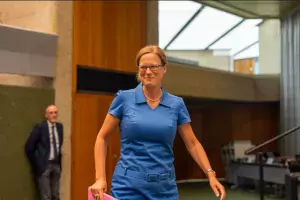
The next WMO President will be Dr. Abdulla Al Mandous Director General of the National Center of Meteorology, United Arab Emirates Permanent Representative of UAE and President of the WMO Regional Association for Asia. He will succeed Prof. Gerhard Adrian of Germany, who was given a standing ovation at the closing ceremony.
Daouda Konate (Cote d’Ivoire) was elected First Vice-President, Eoin Moran (Ireland) Second Vice-President, and Dr Mrutyunjay Mohapatra (India) Third Vice-President. A new Executive Council was also elected.
“By 2030, we see a world where all nations, especially the most vulnerable, are more resilient to the socioeconomic consequences of extreme weather, climate, water and other environmental events; and underpin their sustainable development through the best possible services, whether over land, at sea or in the air.”
“The role of WMO will remain to support the activities of its Members in understanding the past, monitoring the present and predicting the future state and interactions of the atmosphere, the hydrosphere and other vital elements of our planet, enabling adequate and effective preparedness, adaptation and response to related natural hazards and disasters,” it says.
This will require further enhancement of coordinated and interoperable networks and systems for data collection and processing, improvement of predictive skill through advanced science and computational technologies, and finally highly innovative approaches of service delivery that will ensure that accurate, fit-for-purpose information will reach its users on time for making their weather-, water- and climate-informed decisions.
In the context of the Strategic Plan 2024-2027, Congress approved a regular budget of just over 278 million Swiss francs for the 2024-2027 financial period, a 2.4 percent increase over 2020-2023. There will be an increasing emphasis on securing extrabudgetary funding in the future to further support the implementation of the Strategic Plan 2024-2027.

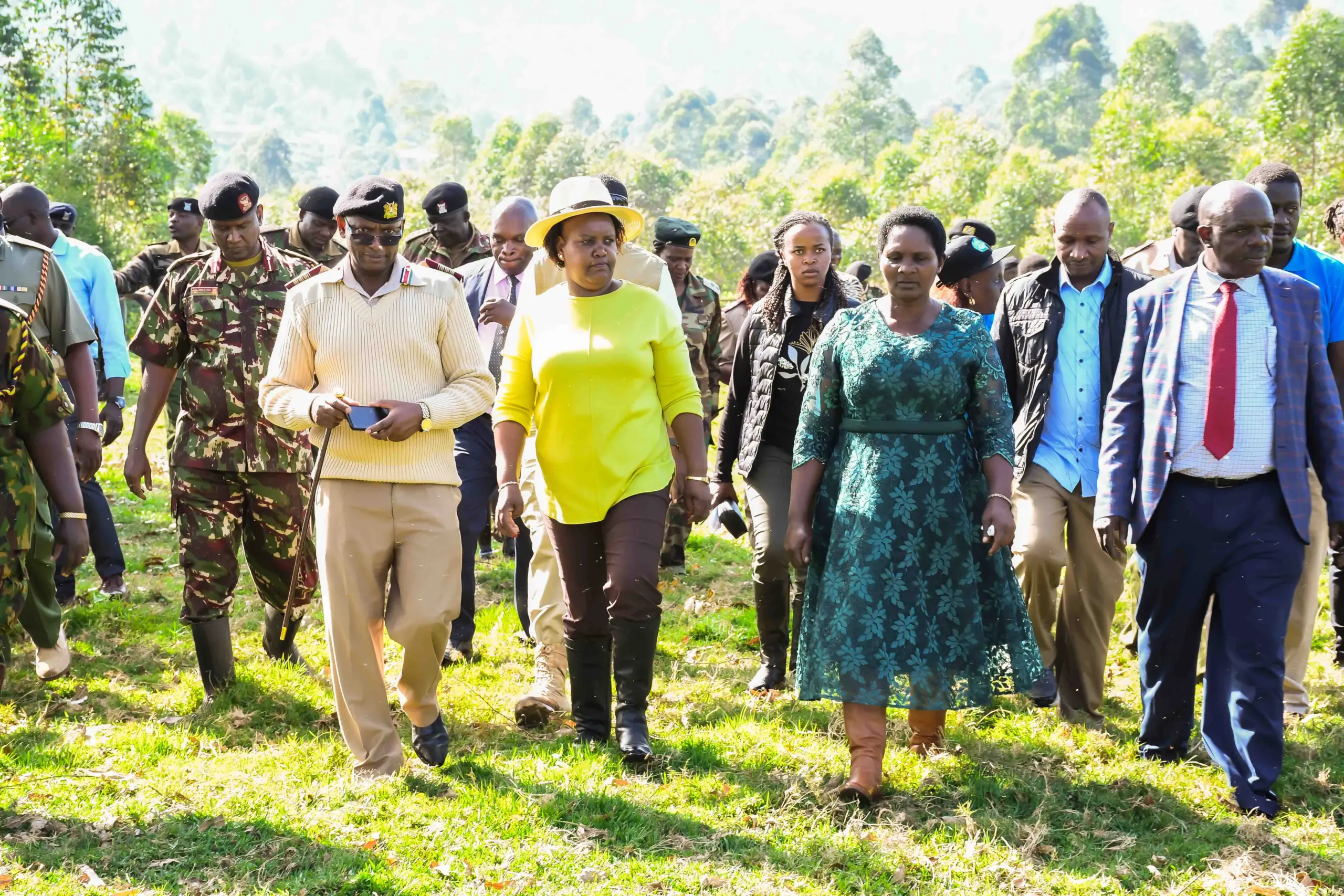
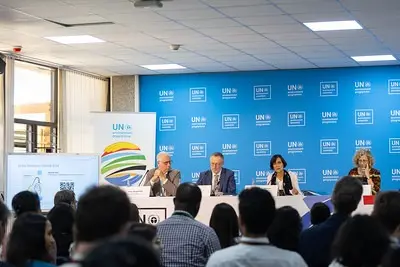
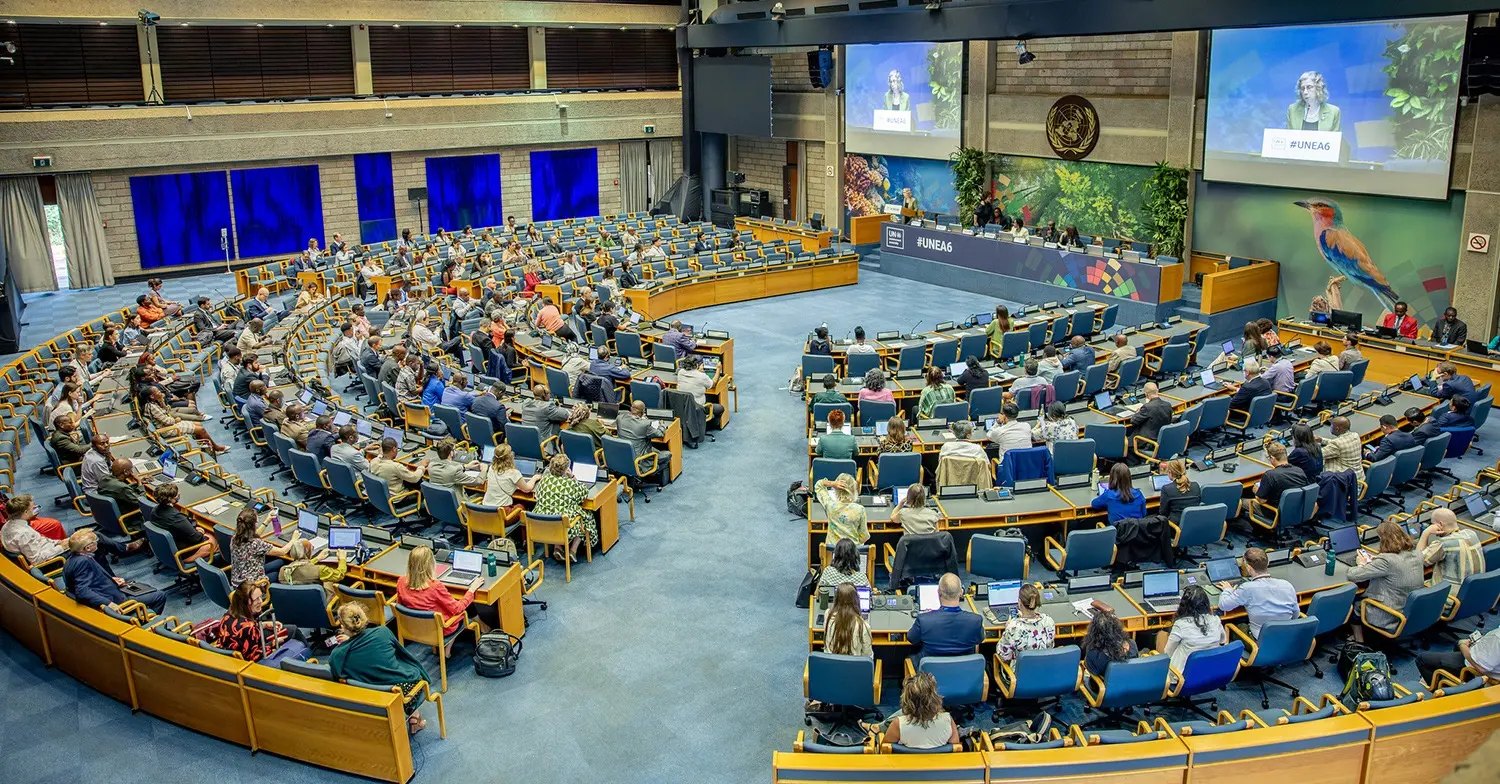
One thought on “World Meteorological Congress new strategic priorities for an era of rapid climate”